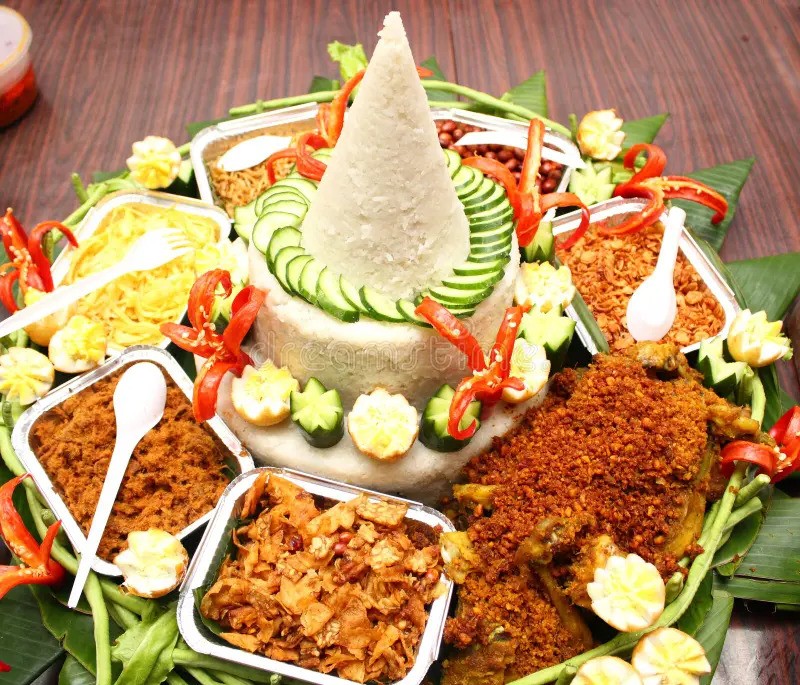Indonesian cuisine, famous for its robust flavors and eclectic ingredients, is rapidly making waves worldwide. Indonesian culinary traditions continue to spread, reflecting an appreciation for their distinctive dishes.
Varied Flavors and Ingredients
Using aromatic spices, fresh herbs, and various ingredients distinguishes Indonesian cuisine. Dishes such as rendang, nasi goreng, and satay highlight the variety of Indonesia’s culinary scene. At the same time, using turmeric, cumin, and coriander spices creates complex yet flavorful profiles that have become internationally recognized favorites.
Global Popularity
Global Reputation Indonesian cuisine has seen exponential global popularity growth over recent years, with restaurants and food products featuring Indonesian flavors appearing across various countries. Food festivals, cooking shows, and social media have contributed significantly to the spread of Indonesian culinary traditions – as has increased interest in authentic food experiences, bringing Indonesian flavors closer to a wider audience.
Fusion and Adaptation
Indonesian cuisine is not just about traditional dishes—it is also shaping global food trends through fusion and adaptation. Chefs around the world are using Indonesian ingredients and techniques in their creations, resulting in exciting fusion cuisine dishes that blend Indonesian flavors with other culinary traditions. This helps introduce Indonesian cuisine to new contexts and audiences.
Preserving Culinary Heritage
Preserving Indonesia’s culinary heritage is crucial to upholding its authentic dishes. Documenting recipes, supporting traditional cooking techniques, and supporting local food producers all play an integral part in keeping these traditions alive for future generations. Culinary tourism is integral in highlighting and celebrating Indonesia’s diverse food culture.
Indonesian Cuisine’s Future
Indonesian cuisine’s future looks promising as it gains global recognition and acceptance. Through ongoing efforts to promote and innovate Indonesian culinary traditions, they are sure to have an everlasting effect on global cuisine – continuing to captivate and excite food lovers around the globe.




